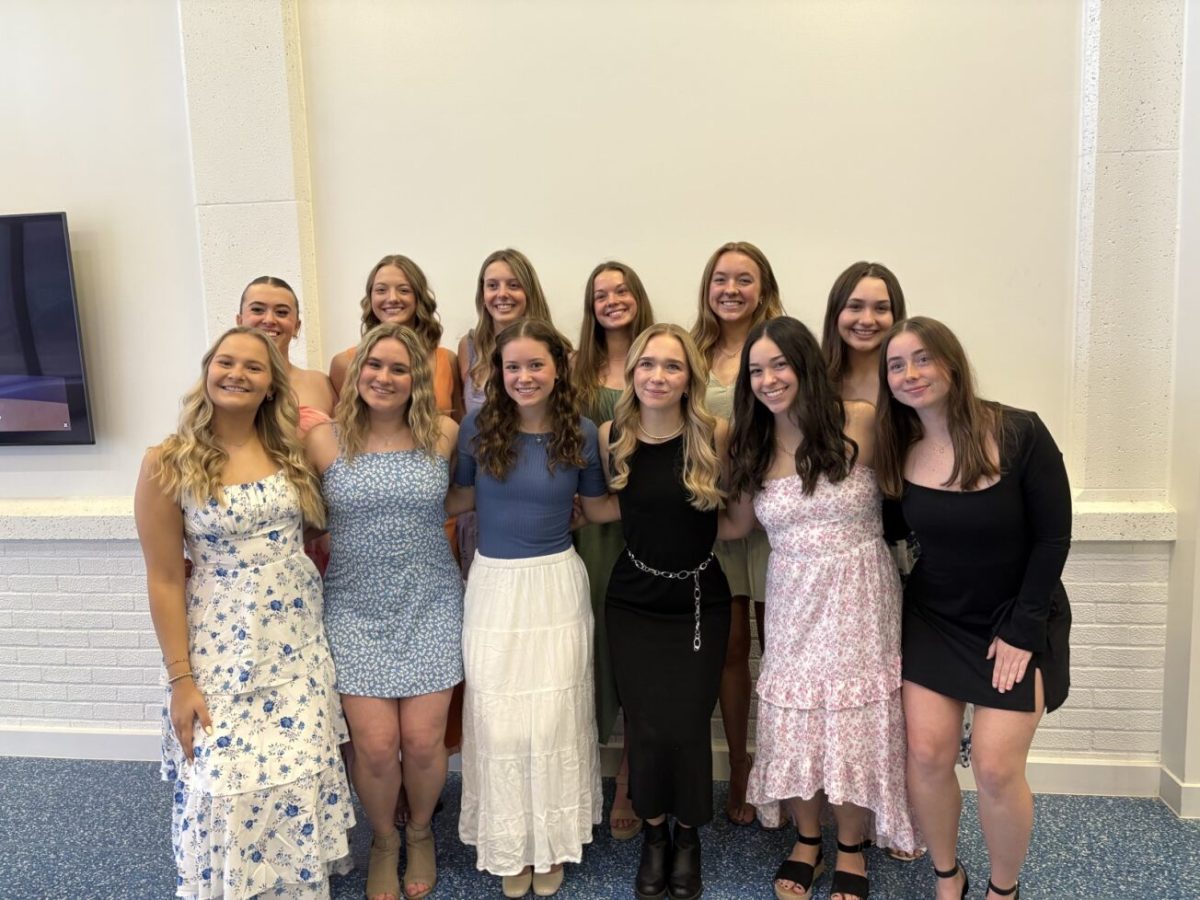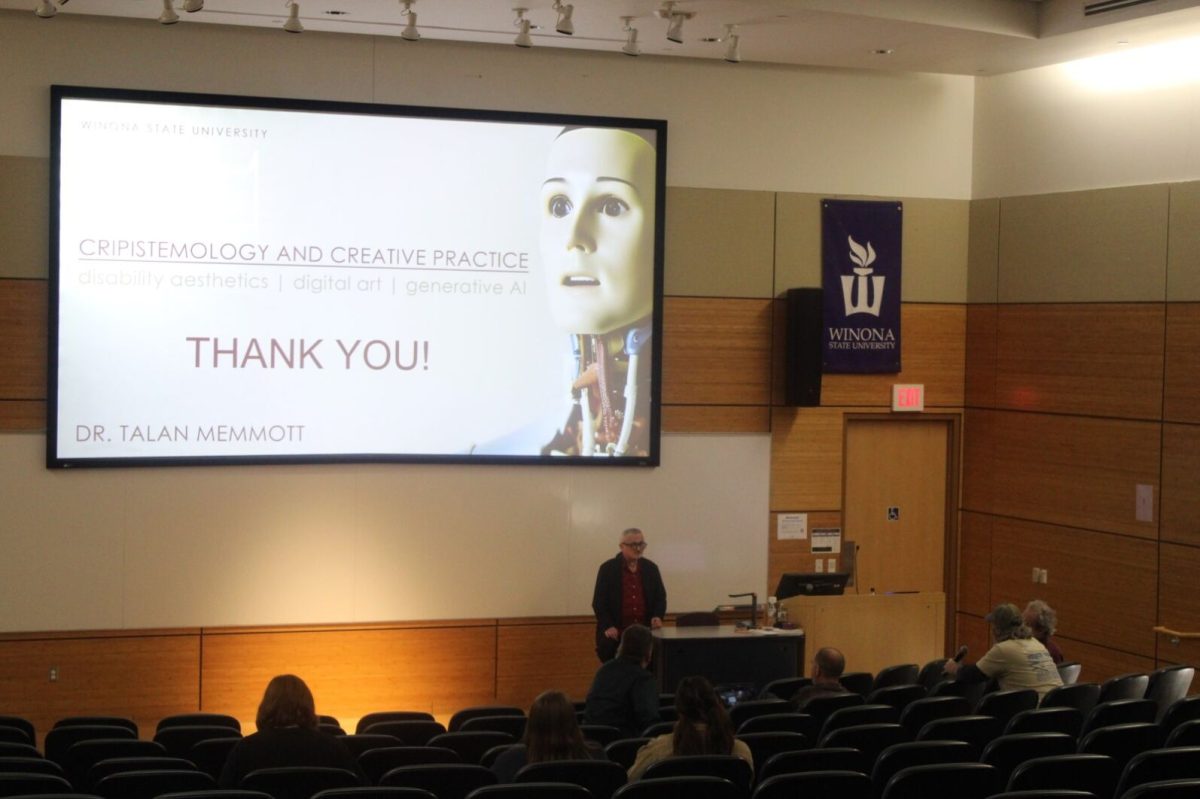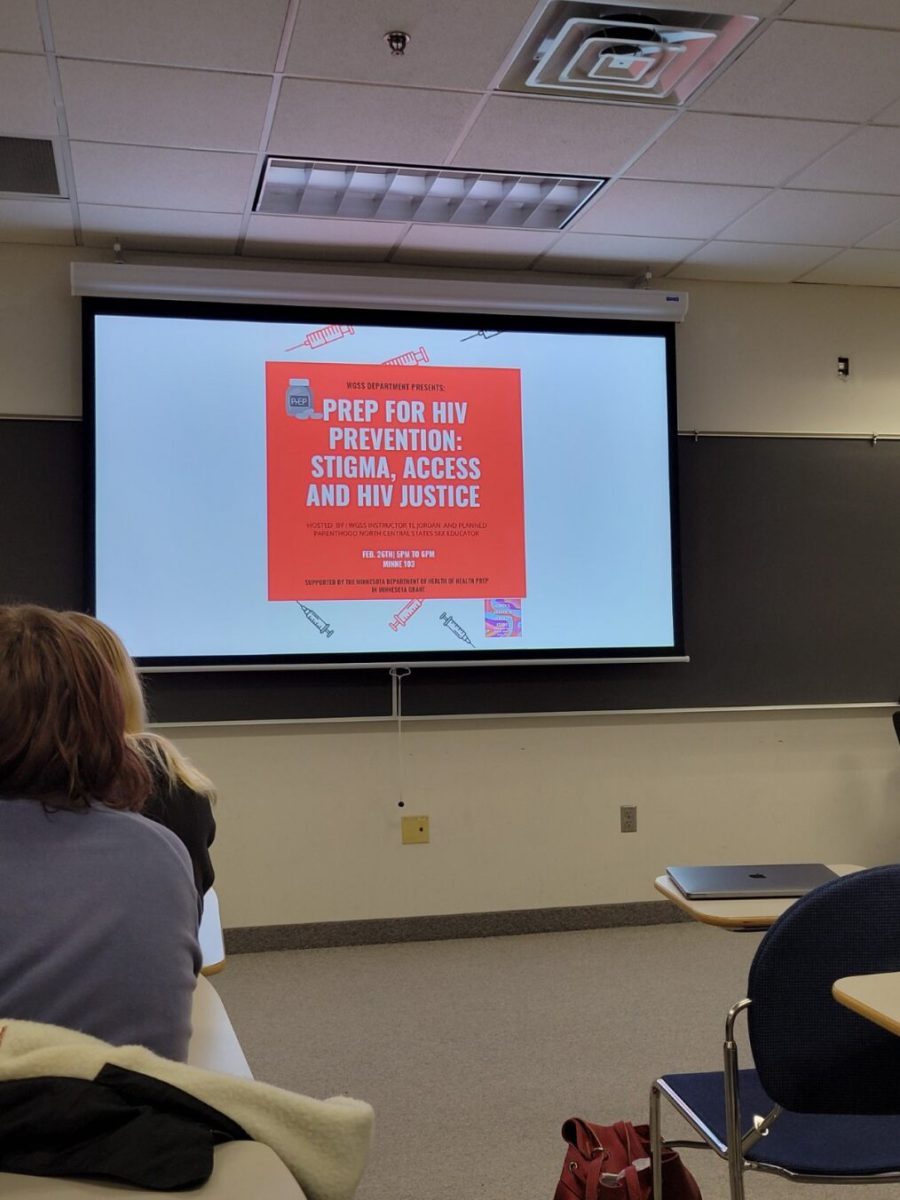Kalika Valentine-Erickson/Winonan
On Feb. 25, Winona State University’s Common Book Project a hosted a screening of the film “Grown in Detroit.”
The film was an hour long and was about The Catherine Ferguson Academy for Young Women in Detroit, Mich. which caters to pregnant and parenting teen girls. The school has an on-site daycare center and focuses not only on getting these girls to graduate high school, but to take their education even further. In order to graduate, the students must be accepted into a two-year college or four-year university.
Along with a standard education, the school allows girls to learn about farming. With the downfall of the automotive industry in Detroit came an abundance of empty lots caused by the many residents leaving the city to find jobs elsewhere. The school takes these empty lots and creates large gardens on them where the girls learn to plant, take care of, harvest and sell a variety of goods ranging from apples and tomatoes to kale and eggplants.
The film connects to the common book, “The American Way of Eating: Undercover at Walmart, Applebee’s, Farm Fields, and the Dinner Table” by Tracie McMillan.
Ann-Marie Dunbar, a Winona State English professor and director of the Common Book Project explained that while looking for a common book, the committee tries to find an author whose book connects to a university theme or connects in some significant way to existing programming. The current common book connects to the university theme of Sustainable Futures. The committee finds events that connect to both the common book and the university themes.
“Grown in Detroit” focuses on availability and cost, as well. Dunbar discussed the connection the book had to the film when it came to access to healthy food.
The film mentioned that there are more liquor stores than grocery stores in Detroit, and when the camera followed a young couple into one of these stores to shop, viewers were able to see that the fresh fruits and vegetables were half rotten.
If fresh, healthy food is not accessible and affordable, then many people simply cannot or will not purchase it.
The Catherine Ferguson Academy for Young Women in Detroit provides two services for the people of Detroit. Not only does the school provide a place where young mothers can receive an education, but it also provides fresh fruits and vegetables for its students and residents. The school sells their produce at local farmer’s markets and sets up stands outside the school.
Andrea Mohr, a junior CALT major, attended the film and found it informative.
“I really enjoyed the movie, because it connects to the university theme of sustainability by educating underprivileged teenage mothers in the areas of farming and nutrition,” she said. “I also liked that it showed the positive side of Detroit, rather than what the media portrays it to be.”
The film showed the positive side of Detroit and showed that fresh fruits and vegetables can be accessible, even in a city known for its crime, poverty and vacant lots because of the work of one school.
“I really admire the people who had vision to start that school and keep it going,” said Dunbar.







































